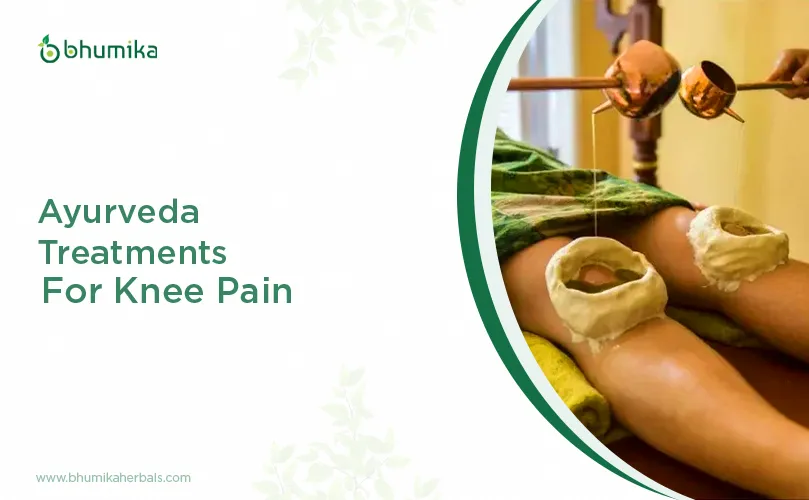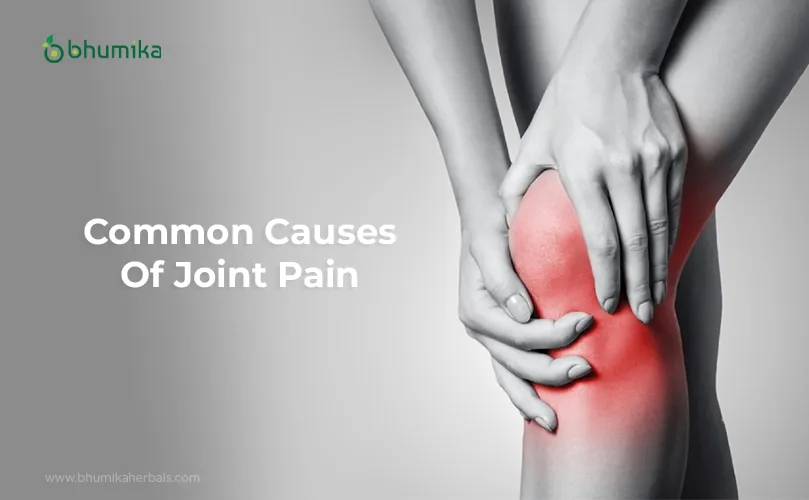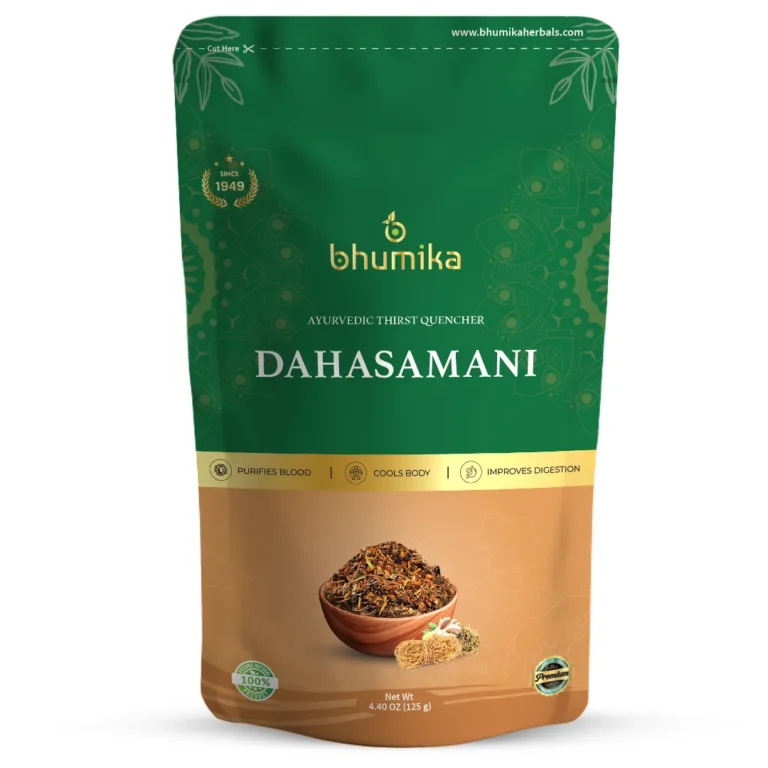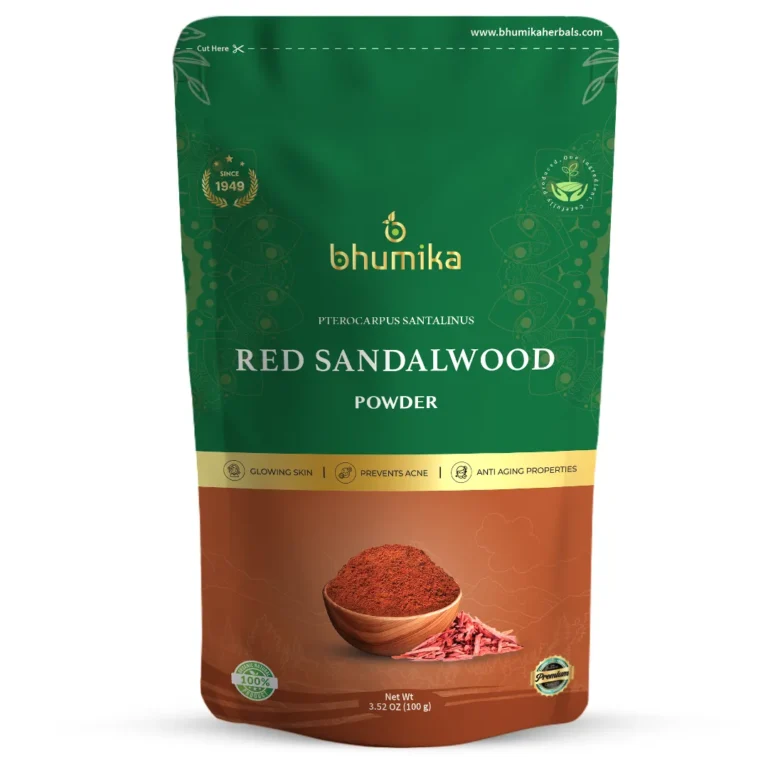Ayurvedic Medicine for Knee Pain
Share this!
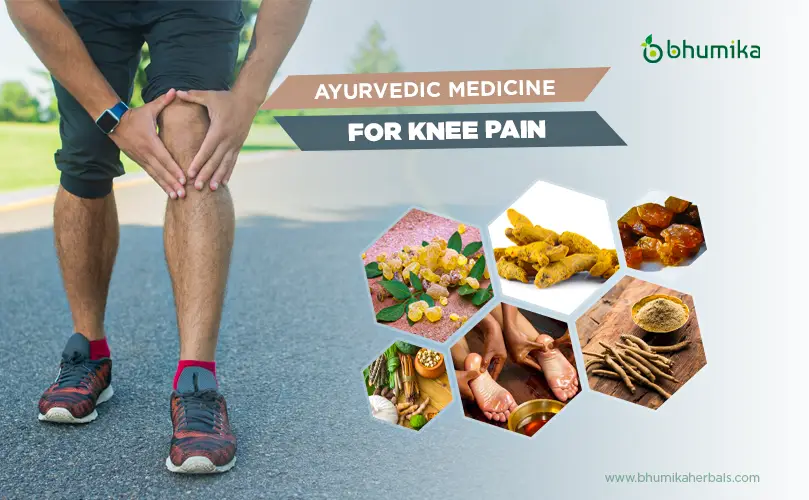
Nowadays, knee pain is becoming common. It can come into your life at any point in time. It will accompany you everywhere and stop you from everything. Are you looking for a hero to beat this villain? Then here it is, Ayurvedic medicine for knee pain. The nature of discomfort in knee is unpredictable; sometimes, it will be continuous, and sometimes, it will be a sudden burst. People who are facing this issue know how unmerciful knee pain is; it will trouble you with unbearable pain. Joint pain is nothing but discomfort, soreness, or aching sensations experienced in or around the knee joint.
It may feel like an inescapable trap because it will chase you forever unless you find a proper solution to this problem. Conventional medicine can only give you temporary relief, and surely, continuous usage of painkillers ends up negatively. Then, is there any permanent solution for knee pain? The answer is yes, following Indian tradition will liberate you from joint pain. Ayurvedic medicines will rescue you from the trap without any side effects, using completely natural methods. Here is the Ayurvedic medicine for knee pain.
| Table of Contents: |
Ayurvedic Remedies for Knee Pain
Ashwagandha
Ashwagandha is famous for its anti-inflammatory properties. It relieves joint inflammation and pain. Ashwagandha is available in the form of tablets, powder( consume 2 GM of powder daily by mixing with water or milk), extract and oil(apply topically to the affected area).
Turmeric
Turmeric contains curcumin, which is known for its anti-inflammatory properties. It can be consumed as a tablet, mixed with milk, or applied as a paste on the affected area.
Guggul
It is used as a potent anti-inflammatory compound and is beneficial against rheumatoid Arthritis. It is also available in the form of a tablet, powder (consume 1/2 tablespoon by mixing it with water or milk), oil(apply topically), tincture (alcohol-based extract, can be used according to the directions from the physician).
Boswellia
A herb with anti-inflammatory properties and is also used for Arthritis and joint pain. This can be consumed in the form of tablets, extract, and oil(applied topically).
Pancha karma
Pancha karma therapies help you to manage joint pain by removing toxins and balancing doshas.
Ginger
Ginger is an herbal plant used in traditional medicine. It is a well-known remedy for knee pain due to its anti-inflammatory properties. Ginger can be used in various ways: consumed in the form of ginger tea, capsules or powder or applied topically by mixing with creams or oils.
Triphala
Triphala, being a dominant herb in Ayurveda, possesses anti-inflammatory properties, making it ideal for relieving pain and inflammation.
Other Treatment Options for Knee Pain
Treatment options vary depending on the cause of knee pain, from simple home remedies to complex surgeries. However, people are becoming more attracted to Ayurvedic medicines because of their efficacy and lack of side effects.
Common PainKillers for Knee Pain
Using painkillers without knowing their actual cause is not a good practice, and it will lead to various problems( even kidney failure). Although people are using painkillers to eliminate the pain, the reality is they can only give you temporary relief. These painkillers are not capable of providing a permanent cure for knee pain. They will reduce the pain, but they will not cure the disease. Tablets like Aleve and paracetamol are the commonly used painkillers. Please note that painkillers can not be considered as a treatment option for joint pain.
Allopathic Medicines for Knee Pain
Allopathic medicines are common in the treatment of joint pain. They can give relief from the pain, but the chances of side effects are too high, so we can not completely rely on them. Nonsteroidal Anti-Inflammatory Drugs (NSAIDs)(Aspirin, ibuprofen,(naproxen), Acetaminophen, Corticosteroids( used to get relief from osteoarthritis of rheumatoid Arthritis.)Hyaluronic Acid Injections( against osteoarthritis), Muscle Relaxants(muscle spasm). These are commonly used allopathic medicines.
Physical Therapy for Knee Pain
A physiotherapist can cure knee problems through customized exercises. But firstly, a physiotherapist needs to verify that the problem is curable through physiotherapy. Then, after a few sessions, the knee’s condition will improve.
Surgery to Heal Knee Pain
In some cases, surgery is the only option to cure the pain in the knee. For instance, severe joint damage and surgical joint replacement. In this case, surgery is the only option, and no medicine will cure your knee pain.
Lifestyle Modifications to Reduce Knee Pain
Overuse and being overweight can lead to knee pain. In this case, modifying one’s lifestyle can give relief from pain. Following a strict diet to maintain the required weight, practicing proper posture, and avoiding activities that lead to knee discomfort. Prevention is always better than cure. Change your lifestyle and live healthy.
How to Diagnose Knee Pain?
Symptoms of knee pain may change according to the underlying cause, but there are some common symptoms for knee discomfort. Those are pain in and around the knee joint, swelling around the affected area, stiffness in the knee joint, instability, limited range of motion, redness and warmth(increased temperature in the affected area), and difficulty walking. These are the most common symptoms of knee pain, and they vary depending on the cause of joint pain.
Joint Pain and Common Causes
The knee joint is a complex structure made up of bones, cartilage, ligaments, tendons, and muscles. It plays a crucial role in supporting body weight and facilitating movement. Because of its function and anatomy, it is highly vulnerable to dysfunction. Knee discomfort can arise from different causes, such as injury and overuse. Here are the common causes of knee pain.
- Injuries: injuries like ligament tears (ACL, MCL), meniscus tears, fractures, dislocations, or strains and sprains can lead to knee discomfort. Any age group can cause knee pain from injuries. Knee discomfort caused by serious injuries can only be cured by surgeries.
- Arthritis: This is a condition in which inflammation of one or more joints results in pain, stiffness, and swelling, resulting in a limited range of motion. There Are various types of Arthritis among them osteoarthritis and rheumatoid Arthritis are the two most common Arthritis. And both of them cause knee pain.
- Osteoarthritis (OA):It is called “wear and tear” arthritis. It is the breakdown of cartilage in the knee joint, which leads to pain, stiffness, and swelling. The reasons behind osteoarthritis are aging, joint injury, obesity, and genetics.
- Rheumatoid Arthritis is an autoimmune disorder that causes inflammation, which leads to joint damage, pain, swelling, and deformity. It can affect people of any age, but it commonly affects people between 30 and 60.
- Tendinitis: Inflammation of the tendons surrounding the knee joint, usually affects the patellar tendon (patellar tendinitis) or the quadriceps tendon.
- Bursitis: Inflammation of the bursae(fluid-filled sacs that reduce the friction between moving parts in the body) leads to pain and swelling.
- Osteoporosis: Weakening of bones due to a decrease in mineral density, which leads to bone fractures.
- Other Conditions: Other medical conditions, such as aging, gout( pain and inflammation caused by the deposition of uric acid crystals in the knee joint), infections, tumors, Rickets, and cancer, can cause knee pain.
These are the major causes of knee pain, and we have already discussed various treatment options. However, among them, Ayurvedic medicines are the best way to cure joint discomfort without side effects. We all know that Ayurveda is our tradition, and it is natural. It is completely safe, and guarantees escape from joint pain; choosing ayurvedic medicine for knee pain is undoubtedly a great choice if you want natural and permanent relief from joint pains.
Related Topics
| Ayurvedic Medicine for Dark Circles | Ayurvedic Medicine for Detoxification of Liver |
| Ayurvedic Medicine for Memory Improvement | Achieve Pink Lips in One Day |
Frequently Asked Questions on Knee Pain?
What is the Best Ayurvedic Medicine For Knee Pain?
Ashwagandha, turmeric, Boswellia, and pancha karma are the best treatments for knee pain in Ayurveda.
Can Knee Pain Be Cured in Ayurveda?
Ayurvedic medicine uses special herbs that help reduce pain and swelling. These herbs can completely heal knee pain.
What are the dietary recommendations for pain relief in Ayurveda?
Ayurveda suggests including ghee, ginger, and turmeric in your food. Consuming warm and easily digestible foods is recommended. Please avoid cold food as it can worsen the Vata dosha, resulting in more pain.
How to Fix Knee Pain Permanently?
Knee surgery, although in most cases surgery is not needed. It will be the option for you if other treatments don’t work.
What Are Common Causes for Knee Pain?
Injuries like ligament tears, meniscus tears, fractures, can cause knee pain. Arthritis: When joints become swollen, they hurt, feel stiff, and get puffy. This makes moving them difficult. Other conditions like aging, infection, rickets, and cancer can be the causes for knee discomfort.
Stay tuned with us for similar articles on body care.
About the Author
Vishnu Raj
Related Posts
Made from a blend of powerful herbs, Chyawanprash is a...Read More
Pale skin may be considered a natural skin tone for...Read More
One of the most annoying skin problems we all have...Read More
It is not very common to notice white patches on...Read More
Pimples are a common skin concern that comes with endless...Read More
Honey is a common ingredient available in most households, used...Read More
Tadasana, also known as the mountain pose, is considered the...Read More
Blemishes can appear as dark spots, acne marks, or red...Read More
Share this!
Share this!
Shop by Concern
Acne & Pimples (9) Dandruff & Scalp Itchiness (6) Dark Circles & Puffy Eyes (4) Dead Skin Cells (6) Dehydrated Skin (4) Dry & Damaged Hair (5) Dryness (4) Dry Scalp (6) Dry Skin (4) Dull Skin (8) Excessive Oilness (4) Face Care (9) Fine Lines & Wrinkles (8) Greying (3) Hair Care (8) Hairfall (6) Hair Loss & Growth (6) Hyper Pigmentation (6) Sandalwood Products (4) Skin Brightening (9) Skin Care (8) Stretch Marks (3) Tanned Skin (5) Uneven Skin Tone/ Pigmentation (6) Uneven Skintone/ Texture (5)

